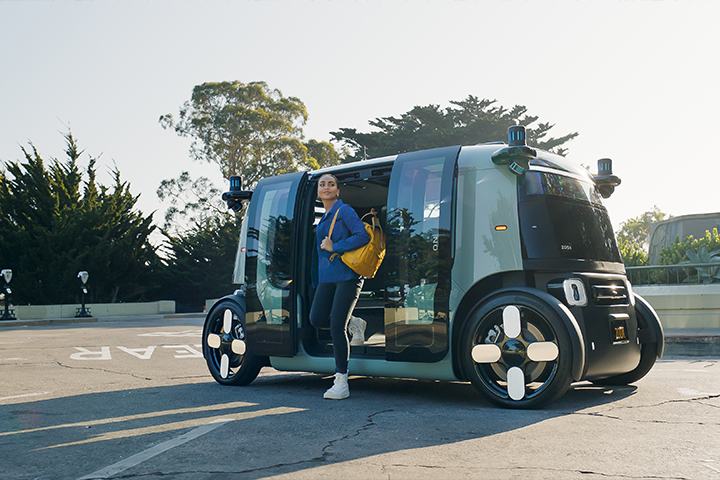
As cities nationwide clamor for greater authority over the deployment of autonomous vehicles (AVs) on their streets, California appears poised to grant them that wish. Several AV-related bills, making strides through the state legislature this month, aim to impose additional restrictions on companies like Cruise, Motional, Waymo, and Zoox.
Among these bills, SB 915 stands out for its potential to empower cities to establish their own regulations concerning robotaxis. These regulations could cover aspects such as operating hours and designated pickup/drop-off zones. Recently passed by the Senate Transportation Committee, SB 915 represents one of several legislative efforts this year in California to introduce guardrails around pioneering AV technology.
The implications of these bills are far-reaching. California, being the world’s fifth-largest economy, faces the challenge of striking regulatory balance to safeguard its residents while retaining the innovative tech companies that have made the state a tech hub. Companies like Waymo and Cruise, headquartered in California, risk encountering more regulatory hurdles that might impede their expansion and path to profitability. Meanwhile, city officials and their constituents advocate for a voice in shaping the future of AV deployment.
Stricter regulations in California could set a precedent for other states, similar to the state’s influence on vehicle emissions standards. However, there’s a possibility that overly burdensome regulations could deter companies from operating in California, prompting them to look to other states with more favorable regulatory environments.
Despite progress in the legislative process, it’s still early days for these AV bills. Each bill must undergo a thorough legislative journey and could face potential veto by Governor Gavin Newsom. Here’s an overview of the bills, their current status, and their potential implications:
SB 915 — Empowering Local Governments:
- Authors: State Senator Dave Cortese (D) | Assembly member Freddie Rodriguez (D)
- Sponsored by: California Teamsters and the California League of Cities
- SB 915, introduced in April by Senator Cortese, grants local governments the authority to regulate AV operations within their communities. This includes setting ordinances on hours of operation, vehicle limits, and establishing permitting processes.
- Notably, SB 915 also mandates compliance with disability access laws and provides mechanisms for emergency responders to override AV systems.
- However, opponents, including the Autonomous Vehicle Industry Association (AVIA), express concerns about creating a patchwork of local regulations that could hinder compliance and innovation.
In addition to SB 915, several other bills are progressing through California’s legislature, each addressing different aspects of AV regulation. These include AB 2286, AB 1777, and AB 3061, which collectively aim to enhance safety, accountability, and transparency in the AV industry while granting more authority to local governments.
As these bills continue their legislative journey, their impact on AV companies, city governance, and public safety will become increasingly clear.
